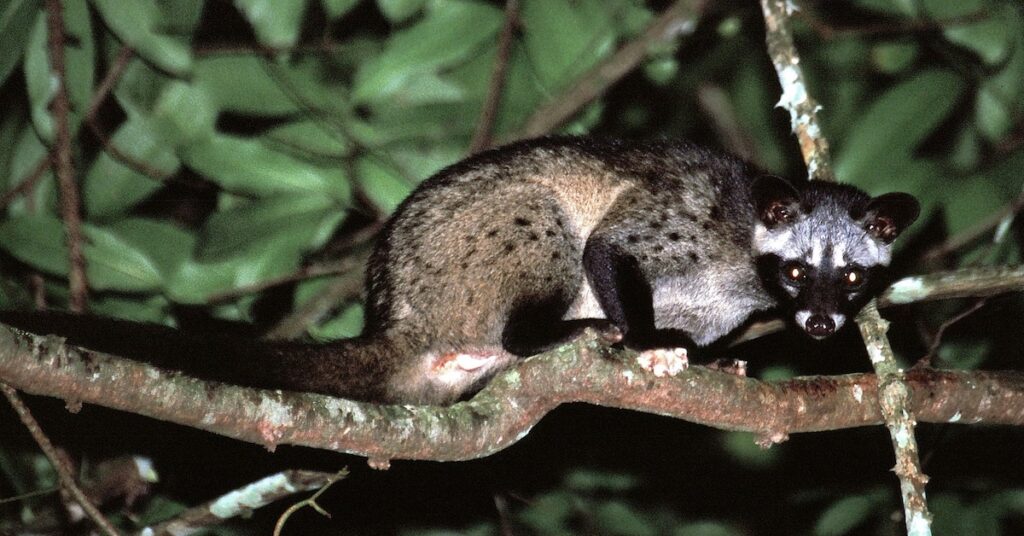In the vibrant lands of Indonesia, a small, elusive creature changed the course of coffee history forever. The Asian palm civet, a cat-like mammal with a knack for sniffing out the finest coffee cherries, unknowingly played a central role in creating one of the most expensive and sought-after coffees in the world—Kopi Luwak, otherwise known as “poop coffee.”
Origins in Oppression
Kopi Luwak’s story begins in the 19th century, during a time when Dutch colonisers ruled Indonesia. Farmers, who had once owned their land and crops, were now reduced to labourers under the oppressive “Cultivation System.” Forced to surrender their precious coffee beans to the Dutch, the farmers could not enjoy the fruits of their labour. But a clever solution emerged from an unlikely ally: the Asian palm civet.
This nocturnal animal had been feasting on the ripe cherries of coffee plants, digesting the fruit and leaving the beans behind in its droppings. Local farmers began collecting these beans, cleaning and roasting them to create their secret brew. Little did they know that this accidental process would produce a smoother, less acidic cup of coffee. This unexpected delight would one day captivate wealthy coffee connoisseurs across the globe.

From Scat to Sip
The magic behind Kopi Luwak lies in the civet’s digestive system. As the beans pass through the animal, digestive enzymes interact with them, reducing their bitterness and enhancing their flavour. This unique fermentation results in smooth, earthy, and sweet coffee, often with hints of chocolate and caramel.
However, not all Kopi Luwak is created equal. In its early days, the civets roamed free, choosing only the ripest cherries to consume, thus guaranteeing the best beans for coffee production. Today, that natural process is under threat.
Cruelty in a Cup
As the demand for Kopi Luwak skyrocketed, so did the ethical concerns surrounding its production. In many parts of Southeast Asia, civets are captured and kept in tiny, filthy cages. These once-wild creatures are force-fed coffee cherries, their diets restricted to nothing but coffee, resulting in poor health and inferior beans. The taste of the coffee suffers, and the lives of the animals are reduced to misery.
This cruel practice has led to a call for change. Campaigns like “Kopi Luwak: Cut the Crap!” have shone a light on the mistreatment of civets in the industry, urging coffee lovers to rethink their support for products that come from caged animals. Ethical alternatives, such as wild-harvested Kopi Luwak, are now being promoted by companies like Rarefied, who ensure the civets roam free and select only the best cherries on their own terms.
A New Brew for the Future
While Kopi Luwak’s dark side cannot be ignored, there is hope for a more sustainable future. Organisations and companies are working to create certification schemes to guarantee that the coffee is truly wild-harvested, ensuring better conditions for the animals and better coffee for the consumer.
Ultimately, Kopi Luwak is more than just a cup of coffee. It’s a reminder that even the most luxurious products can have complex, and sometimes uncomfortable, origins. As the coffee world evolves, so must our awareness of where our drinks come from—and at what cost.



























































